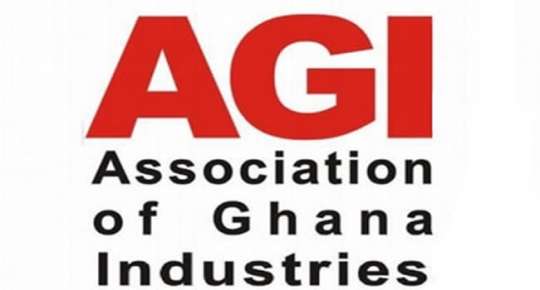Newly sworn-in President of the Association of Ghana Industries (AGI), Dr. Humphrey Ayim-Darke, has charged government to prioritize, among other things, efforts at reducing the cost of electricity and the cost of credit to Ghanaian businesses.
According to him, the affordability of the two would help make Ghanaian businesses to be competitive in the era of the African Continental Free Trade Area.
He made the remarks at his investiture and that of the new National Council Executives of AGI.
The ceremony which was held in Accra saw, Dr. Humphrey Ayim-Darke being sworn in as President of the AGI by Supreme Court judge, Mrs. Gertrude Torkornoo.
Other notable persons who took up new positions were Mr. Ashok Mohinani as Vice-President for large-scale firms; Mrs. Grace Amey-Obeng as Vice-President for SME’s, Mr. Ralph Ayittey, as Treasurer, along with 35 council members.
The new national council members are expected to steer the affairs of the association for the next two years–from 2022 to 2023.
While thanking the gathering at the event and touching on key issues like the need to chart the path of industrialization and calling for the reversal of the benchmark discount policy, Dr. Ayim-Darke urged government to pay particular attention to the lingering issue of cost of power and credit.
“Going forward, some key policy issues we would be pursuing will include the re-consideration of the tariff regime that requires industry to subsidize domestic use of power. It is our opinion, that if we are to compete in the African Continental Free Trade market area, we must re-look at our cost of power.”
“In addition to that, we reiterate government’s need to be intentional about creating financial support systems for industries, particularly SMEs, to nurture and grow them. As the immediate past Vice President in charge of SMEs, I am very familiar with their challenges, which include cost of and access to funding, amidst others,” he added.
While taking note of the calls by the new president, the Minister of State at the Ministry of Finance, Charles Adu Boahen stated that all and sundry must support the drive for more revenue which will translate to cheaper credit for industry.
“Another factor that we need to look at is the cost of credit. We can’t grow businesses without cheap credit. We need to be able to ensure that government reduces the crowding out of the private sector to allow private sector access to credit. We can only do that if government borrows less, and that can happen if the government raises more revenue. It’s all interlinked.”







